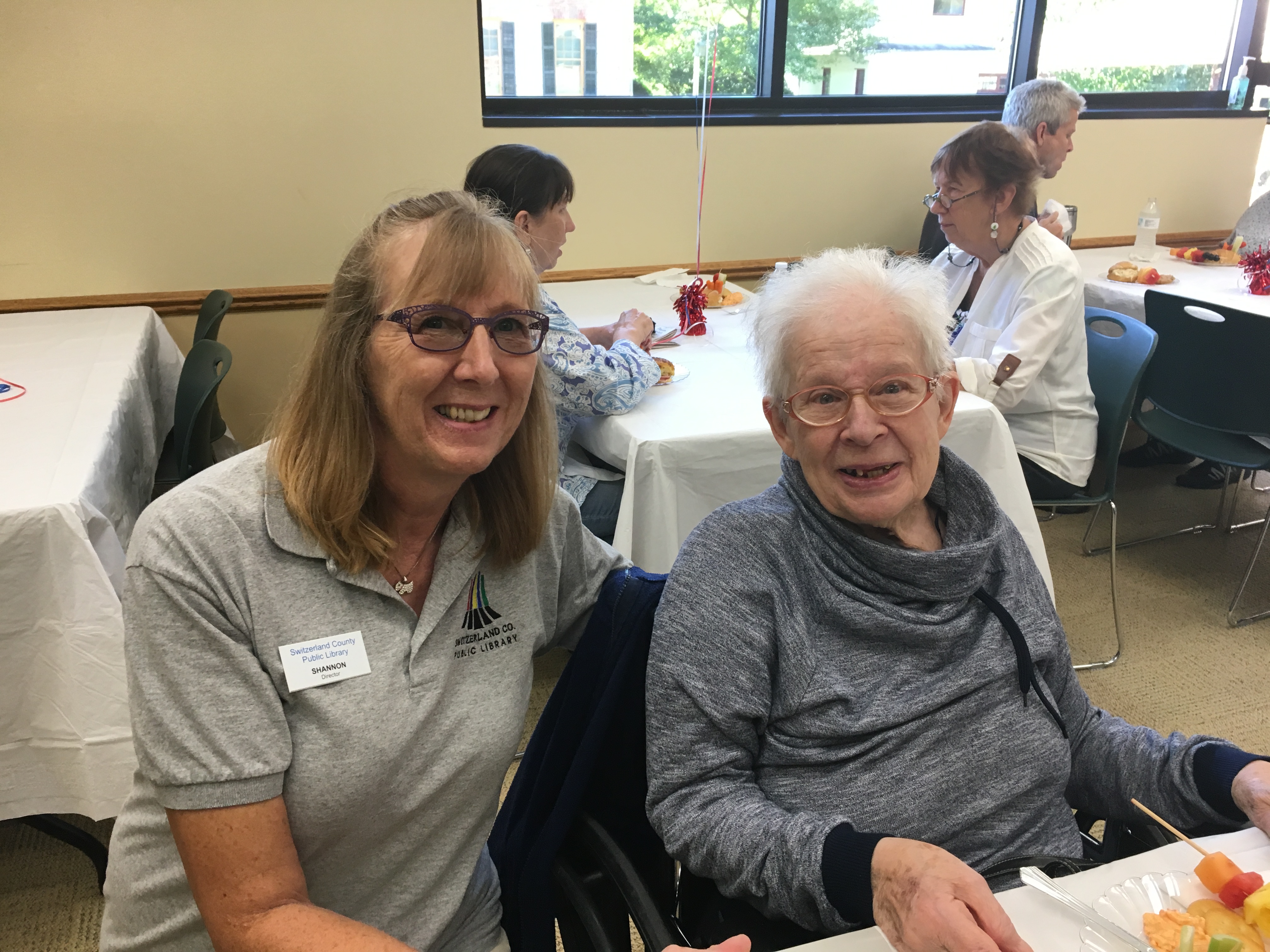Can your local public library begin its public meetings with prayer? Would doing so put the library at risk of a lawsuit based on an alleged violation of the Constitution’s Establishment Clause?
When government is involved in a religious challenge, the court may put the challenge through a three-part test known as the Lemon test. Lemon v. Kurtzman was a court case in which the U.S. Supreme Court created a test to analyze if government was engaged in impermissible entanglement in religion in violation of the establishment clause in the First Amendment to the U.S. Constitution. Government typically can be involved in activity involving religion under the following circumstances:
- The primary purpose of the action is secular,
- The action neither promotes nor inhibits religion, and
- There is no excessive entanglement between church and state.
It would seem that government sponsored prayer before meetings would not pass the Lemon test and would thus violate the establishment clause. However, when it comes to prayer before government meetings, the Court appears to be more lenient. Per the Court opinions, this seems to be primarily due to the longstanding history – dating back to the drafters of the constitution – of leading legislative sessions with prayer.
A very divided U.S. Supreme Court, via 5/4 decision, found local government meeting prayer permissible in the following situation:
- A town board invited religious leaders in the community the town served to have a turn saying the opening prayer.
- All the religious leaders were volunteers, none were paid.
- Even though most of the prayer leaders were Christian, it was okay because the community had predominantly Christian churches. The Court held that the town did not have to go outside of its boundaries to get prayer leaders from other religions.
- Anyone was allowed to volunteer to do the prayer, including laypeople and atheists. The board allowed a Jewish layman and a Wiccan priestess who had read press reports about the controversy to have a turn at leading the opening prayer.
- The town board did not interfere with contents of the prayers and let the prayer giver say his/her own prayer according to his/her own belief system. Prayers were not reviewed or vetted in advance.
- While a number of the prayers did invoke the name of Jesus, the Heavenly Father or the Holy Spirit, they also invoked universal themes as by celebrating the changing seasons or calling for a spirit of cooperation among town leaders. They had both a civic and religious theme.
- Over time, the prayers did not denigrate any religions nor proselytize/promote one religion over another.
- Meeting attendees were not compelled to engage in religious observance of the prayer. Prayer was for the board members not the attendees.
With the ruling being so split on such a fact specific situation, it is very possible that a finding of an establishment clause violation could occur if any of the above facts were different. A couple federal courts in other circuits – not Indiana’s, which is the 7th circuit – found that prayer incorporated into government meetings was a violation of the establishment clause in slightly different scenarios.
- A 6th circuit case found it unconstitutional when the county commissioners began their meetings with prayer when the prayer was always led by one of the commissioners so they could control the message and all the commissioners were Christians. This gave the impression of government sponsored endorsement of the Christian religion. Additionally, they called for the audience to stand and bow their heads/assume a reverent position which made at least one of the attendees uncomfortable, as if he was being coerced to participate in something he didn’t believe in. The court found that the prayer time was unconstitutionally coercive because a single resident was singled out for opprobrium when he objected and there was evidence suggesting that board allocated benefits and burdens based on participation in prayer.
- A 4th circuit court found it unconstitutional when commissioners said the prayer because prayer by board members was government speech, not individual speech. The prayers did not fit within the legislative prayer exception because the practice discriminated against and disfavored religious minorities since all faiths but those of the five elected commissioners were excluded. The prayers constituted unconstitutional coercion because the board maintained complete control over the content of the prayers and the religious views excluded all but those represented by the five commissioners. The court also stated that indirect coercion may violate the establishment clause of the First Amendment when government orchestrates the performance of a formal religious exercise in a way that practically obliges the involvement of non-participants. The commissioners were also said to have made public comments indicating frustration and disapproval of minority religious views.
Based on the above cases, one might conclude that under very narrow and particular conditions, it might be ok to have community religious leaders lead a library board meeting in prayer but not an actual board member personally. However, libraries should consult with their own legal counsel before engaging in such a practice to ensure the way they are instituting the practice is constitutional. One option to consider is the board could hold a moment of silence before each meeting that people could use to say their own prayer to themselves if they so desire.
This blog post was written by Sylvia Watson, library law consultant and legal counsel, Indiana State Library. For more information, email Sylvia.






